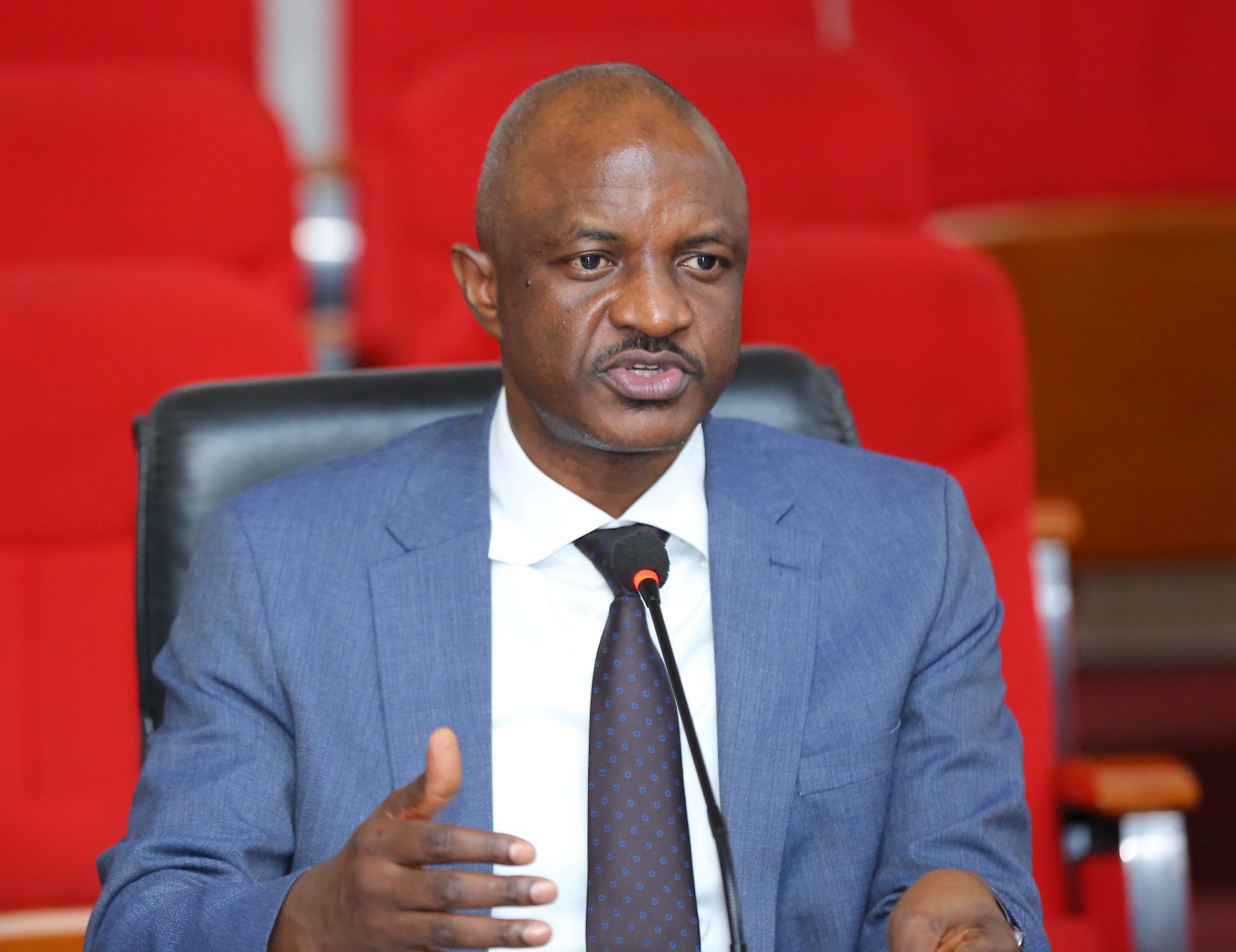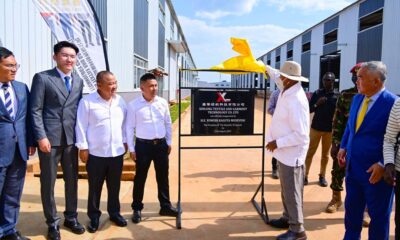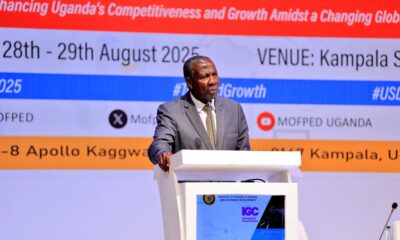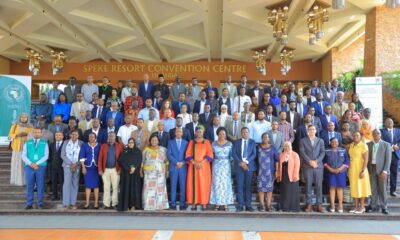Economy
PSST Ggoobi Urges Strong Public-Private Collaboration for Effective Budget Implementation
The Ministry of Finance on Wednesday engaged local development partners, private sector representatives, civil society organisations, and academia in a comprehensive consultation on the Budget Strategy for Fiscal Year (FY) 2026/27, aimed at aligning national priorities with sustainable development goals and inclusive growth objectives.
The meeting, chaired by Permanent Secretary/Secretary to the Treasury (PSST) Ramathan Ggoobi, emphasised the importance of multi-stakeholder collaboration in ensuring that budget formulation and implementation deliver meaningful impact for all Ugandans.
“Your insights, evidence-based policy, and alignment with our strategic priorities are critical to ensuring that every shilling spent delivers meaningful impact,” said PSST Ggoobi. He noted that the role of partners in shaping public policy, promoting accountability, and advancing inclusive development through research, community engagement, implementation support, and advocacy is essential to ensuring the budget reflects the aspirations and needs of all Ugandans.
Focus on Full Monetisation and Economic Growth
Ggoobi highlighted that a key priority for government remains the full monetisation of the economy, targeting the transition of the 33% of households currently in subsistence to active participation in the money economy. This will be pursued by unlocking binding constraints to sectoral growth in areas such as agro-industrialisation, tourism, minerals, and science, technology, and innovation, thereby enhancing economic resilience and productivity.
FY 2026/27 marks the second year of implementation of Uganda’s National Development Plan IV (NDP IV), the final plan to deliver on the Agenda 2030 Sustainable Development Goals, and the first to operationalise the Tenfold Growth Strategy.
Fiscal Priorities and Strategic Investments
Other priorities highlighted include:
- Domestic revenue mobilisation through improved tax administration and broadening the tax base.
- Fiscal consolidation via expenditure efficiency, fiscal discipline, value-for-money initiatives, and results-based budgeting.
- Strategic public investment in infrastructure—roads, railways, energy, and water for irrigation—as well as in human capital development.
- Strengthening public financial management systems in line with the Public Finance Management Act (Cap 171) and the Charter of Fiscal Responsibility.
- Promoting policy and goal coherence across sectors and levels of government during planning, budgeting, and implementation.
The Local Development Partners Group, represented by UN Resident Coordinator Leonard Zulu, reaffirmed their commitment to supporting Uganda’s development goals. “We commit to supporting the Government of Uganda in its endeavours to use resources effectively and efficiently,” the partners said in a joint statement.
Development partners highlighted areas of support for FY 2026/27, including human capital development, youth employment, inclusive, equitable and green growth, governance and accountability, and debt sustainability and fiscal resilience. They also pledged to assist Uganda in achieving its domestic revenue mobilisation targets, including stimulating private sector investment.
Meanwhile, private sector stakeholders called on the government to prioritise agriculture, trade, manufacturing, and services (ATMS) sectors and their value chains, alongside key enablers of economic growth. Julius Mukunda, Executive Director of CSBAG Uganda, emphasised the need to consolidate gains in e-Governance services, improve the capacity of Votes to absorb funds, and enforce national service delivery standards.
PSST Ggoobi concluded by stressing that robust engagement with all stakeholders is critical to the successful formulation and implementation of the FY 2026/27 Budget Strategy. The consultations are expected to feed into a budget that not only addresses immediate economic challenges but also lays a foundation for sustainable, inclusive, and resilient growth across Uganda.
The meeting underscored the government’s commitment to ensuring transparency, accountability, and evidence-based policy-making, while leveraging partnerships to accelerate Uganda’s economic transformation.
Comments



























